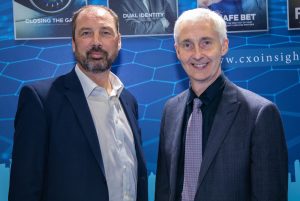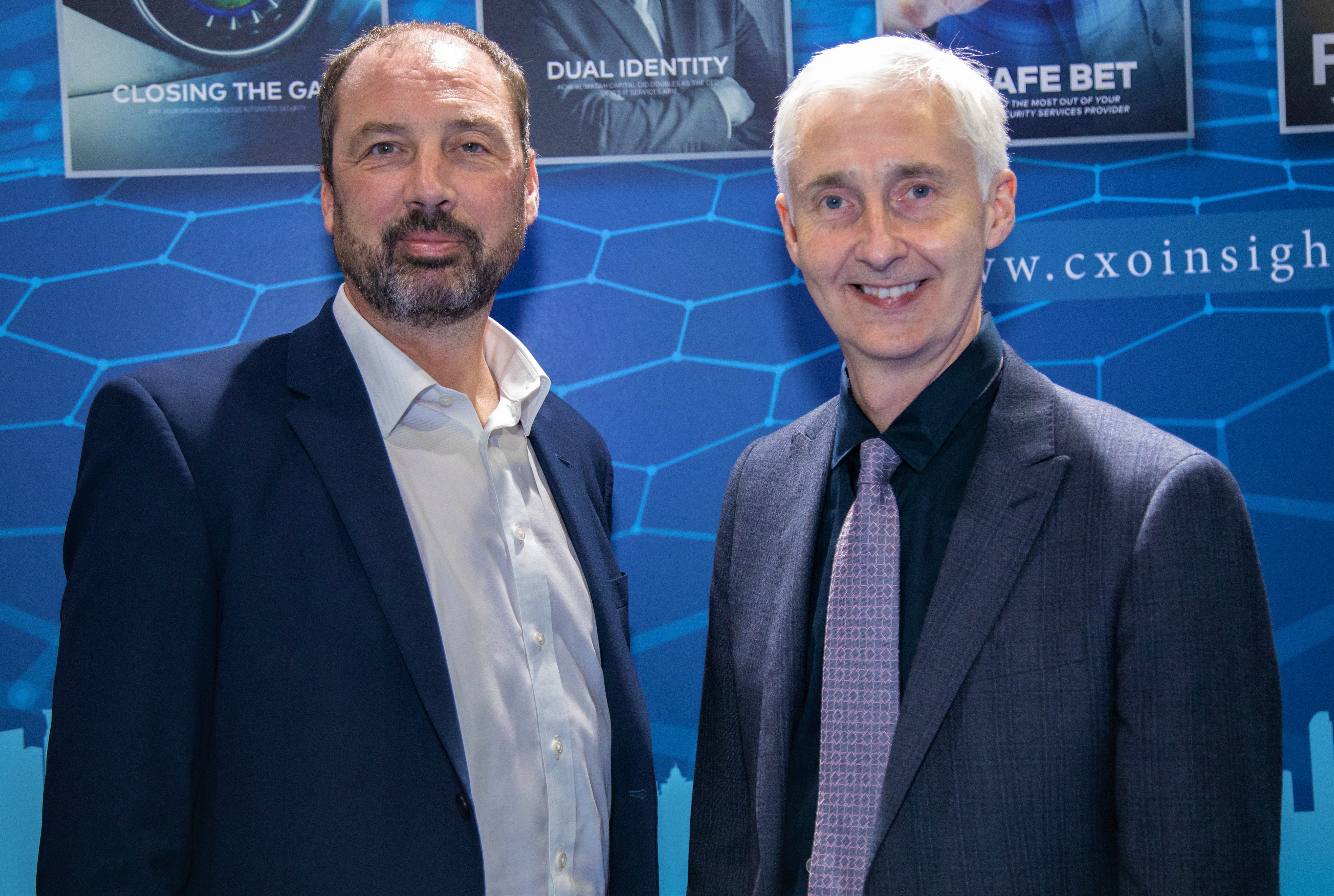Can you take us through some of the major announcements you have made your annual user conference this year?
Kinder: One of the overarching themes was around how can we help our customers be more successful in terms of delivering value from the massive investments Infor has made in the past few years. And what we are doing to assist our customers and individuals to be more productive. When I am talking of productivity, it’s not in the traditional way of human productivity, but how productive are we in the use of people, resources, water, energy, and assets. So, one of the big focus areas for us is how to leverage technology to be productive around supply chain, assets, and people.
Why should enterprises embrace agile methodology for ERP implementation?
Kinder: The agile approach is really about two things. We have to break it down into the product side and services and deployment side. On the product side, we have been working towards agile ERP for many years. If you believe in post-modern ERP, which is what we subscribe to, it means that you are no longer looking at enterprise-wide ERPs that are locked in. We have been practicing breaking that up using API services and making them more interoperable. I think if you are going to have conversations around agile ERP, you have to talk about the cloud, and you have to have those capabilities around local extensibility so that you can build up last-mile functionalities into your applications. And we have been placing our investments in that area for some time now. From a product perspective, we are very well positioned to service agile ERP.
Now what we have announced at Inforum this year is how do you take that to the next level around deployment. If you think about how ERP systems have normally been implemented, it’s about one to two-year cycles, and lots of process reengineering and mapping with a big bang at the end. The challenge with that is it tends to be locked, and it is disruptive to business. At Inforum, we have announced our methodology for agile ERP, which focuses on multiple short sprints – get live very quickly, use the implementation accelerators, and then you can evolve from there.
What is driving cloud ERP adoption?
Lewis: There are several reasons. Many organisations are fed up with being left behind. They have implemented an on-premise ERP, brought in a system integrator to modify applications to make it work for their industry. Then they are stuck on the particular version. And the thought of upgrading to the latest version becomes a high-risk proposition for CIOs. But, when you take that to the cloud and apply the same scenario, by extending applications, it doesn’t take you down the upgrade path. So it gives customers in the cloud a lot more flexibility in terms of how they map out their future applications strategy. Infor is delivering new functionalities, innovations, and capabilities to our cloud customers every month. These customers can advantage of new capabilities without any impact on their businesses, and they are always on the latest version.
Is customisation possible when you move ERP to the cloud?
Lewis: It certainly is, and we don’t necessarily call it customisation anymore. One of the areas Infor has invested heavily in is our technology platform called Infor OS. You need to think of it more as a digital platform than a technology platform. Built into this platform are all sorts of cutting edge capabilities such as artificial intelligence, machine learning, big data analytics as well as platform as a service. We have a tool in there, which enables us to build new functionalities without changing the source code or modifying applications. So our customers still get the same flexibility they always had in terms of being able to shape the applications to meet their specific requirements. What it means is that they are not stuck on one version, and they are in the cloud with the ability to extend applications as they see fit.










Discussion about this post